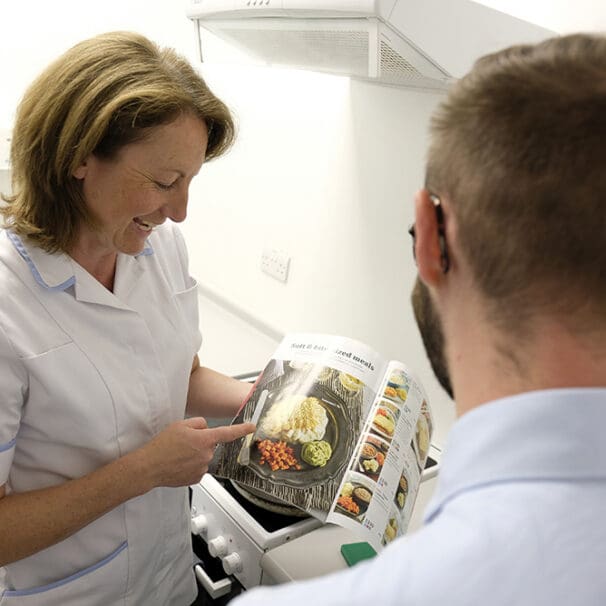HealthProviders DB is a comprehensive database of healthcare providers, including a complete directory of all Oncology Nutrition Registered Dietitians.
Registered Dietitian Healthcare Taxonomy Code 133VN1301X
As of today, the following are the total number of Oncology Nutrition Registered Dietitians nationally, in your State, and near your location.
Select a State below to view the list by State. Additionally, you can narrow the list by city, among other options, from the Filter Panel, which you can open by clicking the vertical ellipses ⋮ in the upper right corner of the app.
Alaska – Alabama – Armed Forces Pacific – Arkansas – American Samoa – Arizona – California – Colorado – Connecticut – District of Columbia – Delaware – Florida – Federated States of Micronesia – Georgia – Guam – Hawaii – Iowa – Idaho – Illinois – Indiana – Kansas – Kentucky – Louisiana – Massachusetts – Maryland – Maine – Marshall Islands – Michigan – Minnesota – Missouri – Northern Mariana Islands – Mississippi – Montana – North Carolina – North Dakota – Nebraska – New Hampshire – New Jersey – New Mexico – Nevada – New York – Ohio – Oklahoma – Oregon – Pennsylvania – Puerto Rico – Palau – Rhode Island – South Carolina – South Dakota – Tennessee – Texas – Utah – Virginia – Virgin Islands – Vermont – Washington – Wisconsin – West Virginia – Wyoming
Medicare
The following are the total number of Oncology Nutrition Registered Dietitians who accept Medicare in your State, the number who have opted out of Medicare, and the total number excluded from participation in Medicare nationwide.
The diagram below shows all the Registered Dietitians Specializing in Oncology Nutrition across the country, represented by blue bubbles. The larger the bubble, the greater the concentration of providers in that area. Red bubbles represent Medicare-excluded providers, with the larger bubbles indicating a higher percentage of excluded providers in that region. You can change the bubble size to be based on exclusions from the Size menu.
What do Oncology Nutrition Registered Dietitians do?
Oncology nutrition registered dietitians create personalized nutrition plans for cancer patients and their families to help manage the side effects of cancer and its treatments, such as nausea, weight loss, and taste changes.
They provide nutritional assessments, offer guidance on eating, recommend specific diets, advise on supplements, and assist with feeding tubes or other nutrition support.
What they do
Collaborate with the care team: They work with other healthcare providers, such as oncologists and nurses, to ensure comprehensive patient care.
Assess nutritional status: They evaluate a patient’s individual needs, taking into account medical history, labs, medications, and social situation.
Develop personalized meal plans: Dietitians create tailored eating plans to meet specific needs, which can help prevent or correct nutritional deficiencies.
Manage side effects: They provide guidance on adjusting your diet to manage treatment-related side effects such as nausea, loss of appetite, weight changes, or difficulty swallowing.
Provide education and support: They educate patients and caregivers on how to eat well, maintain a healthy weight, and use supplements appropriately.
Assist with nutrition support: They offer help and recommendations for tube feeding or other forms of nutrition support.

